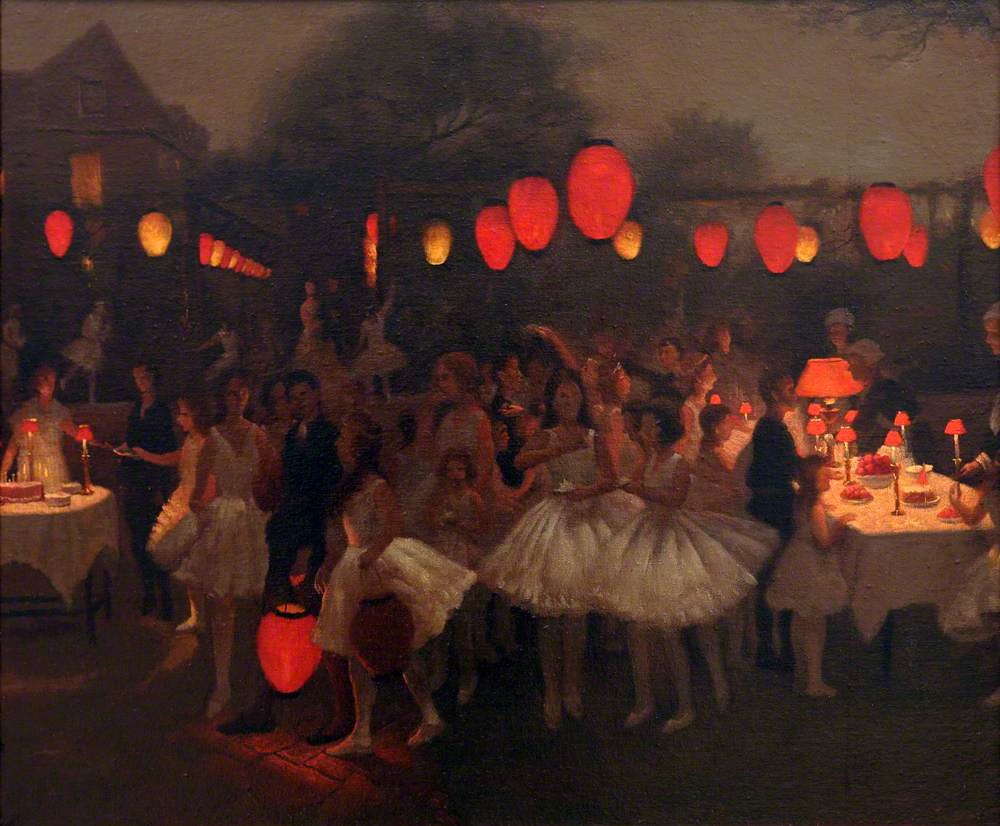On Embracing Joy
A love letter to my friends
Something major happened to me in late April: I sat down to talk to a colleague during an academic event’s lunch break and then quickly realised this person I had known for nearly ten years was actually not a colleague at all, but a good friend.
Over the last three months, I’ve been reconnecting with old friends and, somehow, effortlessly making new ones. This past week, I’ve caught myself wondering what shifted – what once made me shut people out, and what now draws me toward sunlight and joy rather than staying a stick-in-the-mud.
I could find many reasons why I recoiled from, or at least grew suspicious of, friendship and acquaintance in a professional context; I could find many reasons why in person stuff might have seemed daunting not only post-pandemic, but also post-academic madness: since I decided to pursue a master's in May 2017, I hadn’t really allowed myself any breathing room: a PhD in two years, career entrance exams, then a slightly messy first year teaching were not exactly conducive to internal peace. Then I had also started doing stuff online, which not only made me perennially busy, but also constantly paranoid because people just love to tell how much so-and-so talks shit about you or how Somebody McSomebody secretly thinks you suck. I was also grieving people I lost, dealing with family stuff… sheesh. I guess I didn’t do so bad after all. But there you have it, for many years I had this impenetrable shell around me: fuck off, mind your own business.
Some people did get through though. Older friendships survived in their own rhythm. Then I met some people who somehow opened the door. Lucas, who is today one of my best, dearest friends, was one of them. Oh, the miracle of vulnerability. But then there was also Patricia: beautiful, brilliant Patricia, who had patiently waited for me to catch up. She read my research proposal for my master's in 2017 and helped me out. Then we talked mostly online for years. When I look back, I realise what a great friend she was being already. Now I cannot imagine a world where we’re not properly besties. To what do I owe the kindness of friends who saw through my own blindness? Because another friend - Davi - talked about Derrida’s The Politics of Friendship recently, I decided to revisit it in a search for answers.
Derrida argues that friendship is to love before being loved (8) and in that definition I see the impulse towards connection, one that is selfless rather than self-involved. To care for someone, for many people at once, in a completely honest and disinterested way. This is how I feel about my many friends today. Friendship is, perhaps, the purest expression of affection in the sense of its boundlessness:
If one names and cites the best friends, those who have illustrated 'true and perfect' friendship, it is because this friendship comes to illuminate. It illustrates itself, makes happy or successful things shine, gives them visibility, renders them more resplendent. (3)
If romantic love has the potential for both bliss and depletion, true friendship will never make you feel laid bare – except in the sense that you are opening yourself to love. To surround oneself with friends is to make oneself inherently stronger and happier.
A friendship that has become steadfast, constant or faithful (bébaios) can even defy or destroy tyrannical power. (15)
A draining semester has ended, and I have been seeing my friends more often than ever: work friends, formerly online-only friends, neighbour friends, school friends. Each one of them brings me only joy, only delight. We speak frankly of the stuff we carry, we laugh and drink iced tea, or mojitos, or eat smoked salmon with a Diet Coke. We make fun of ourselves, and through us I finally shed the horrifying sense that life is not quite happening – or happening to somebody else. This is me; this is precisely where I belong – alongside these beautiful, bright, hilarious people. I have a seat at the table, and it is, truly, indubitably, mine. They make me feel safe and dear even when they're all the way across the country, even when they live in Brighton, even when they’re busy and can’t catch up right at this moment. And then I know I will never be alone. I have no reason to be sad – and this is not toxic positivity, nor denial, but the sense that bad things are bound to happen, and that I will always, always manage to smile through them.
I read a brilliant article in The Atlantic about self-imposed solitude and its satellite enablers: online culture, AI bots, convenience, convenience, convenience. Derek Thompson argues that “all of this time alone, at home, on the phone, is not just affecting us as individuals. It’s making society weaker, meaner, and more delusional.” This is absolutely true and might be, to some degree, behind the sense of emptiness I mentioned at the beginning of this piece and of the sense of disrepair I discussed in my previous one. At the end of the day, though, we are constantly making choices that shape not only the paths that we tread, but the emotional landscape of our lives: “The way we spend our minutes is the way we spend our decades.”
This short piece is a love letter to all my friends. I’m so excited to spend the next few decades having fun and celebrating each and every one of you. Thank you for bearing with me. I’m finally home. God, living is enormous!




Arrasou, é sobre isso! ❤️❤️❤️
I read this with a big smile on my face. Such a beautiful woman. 💜